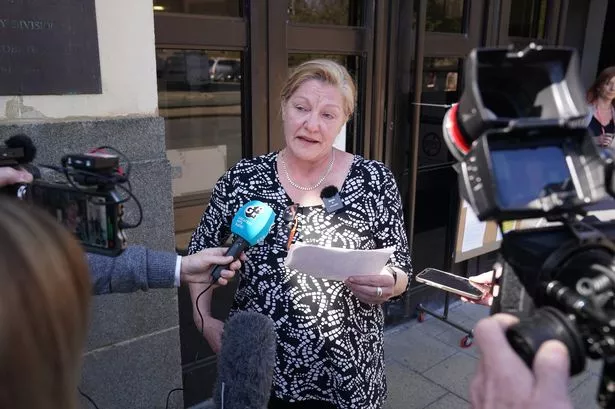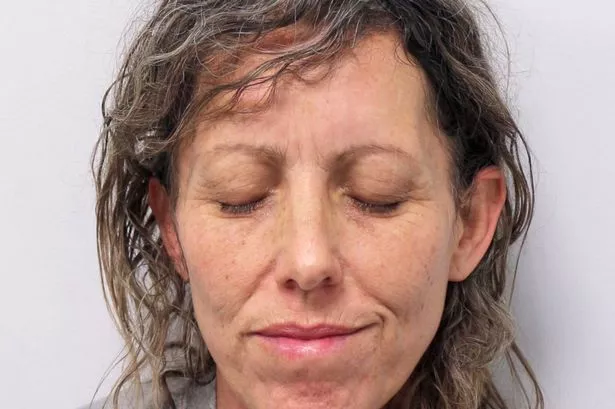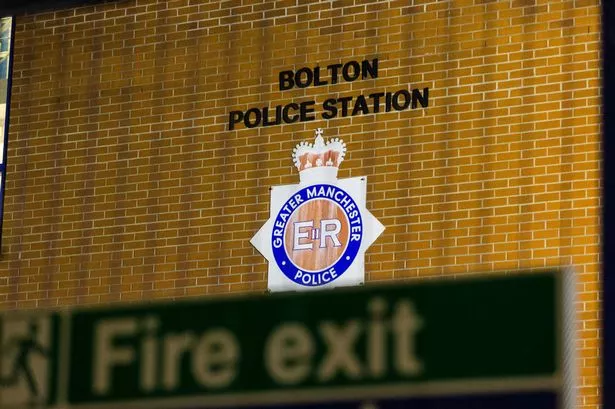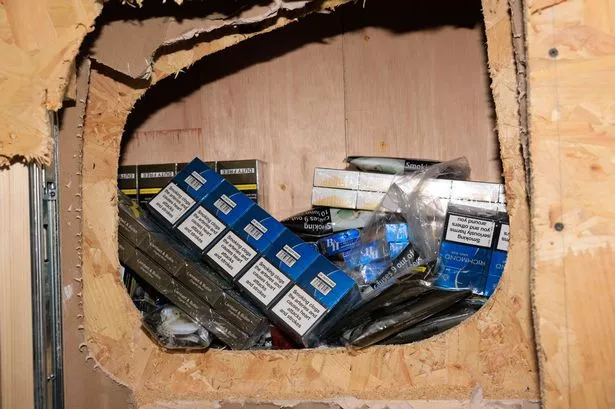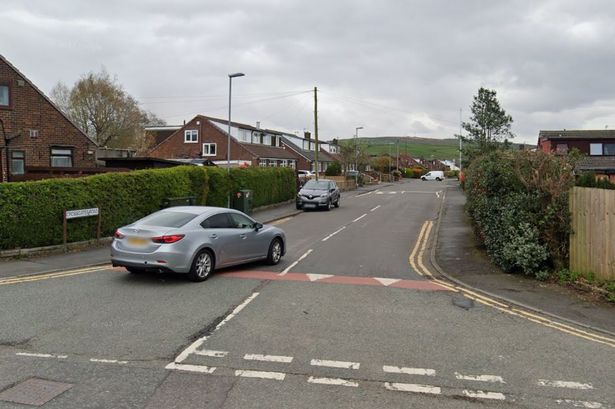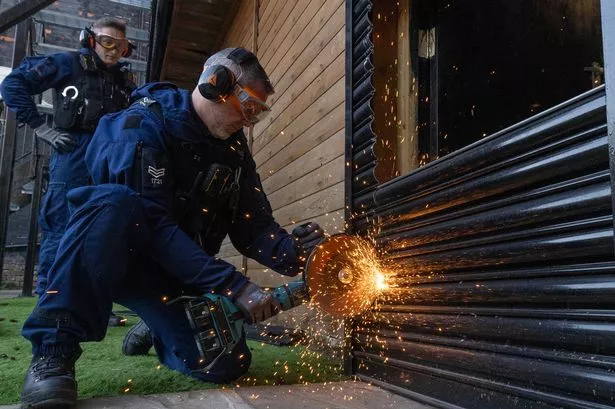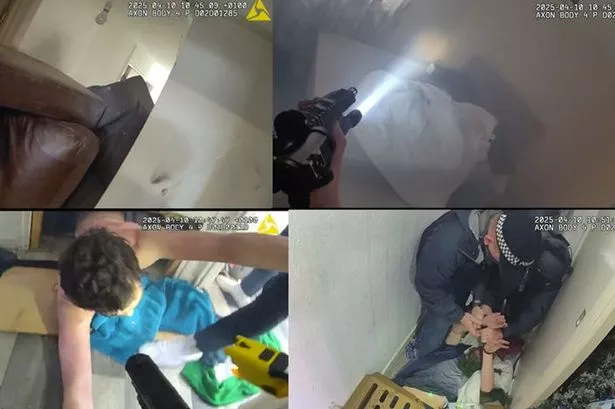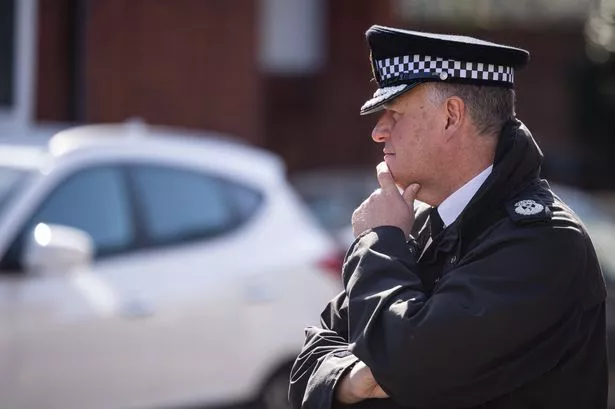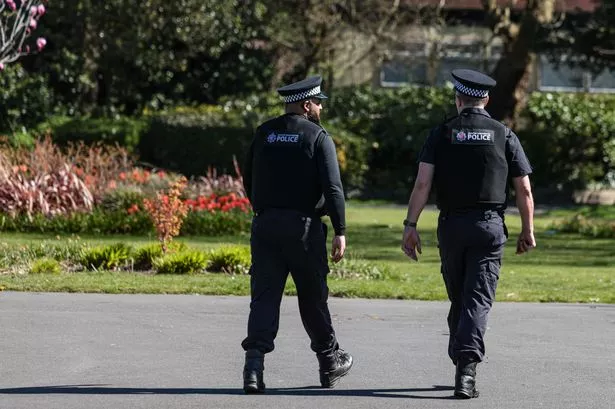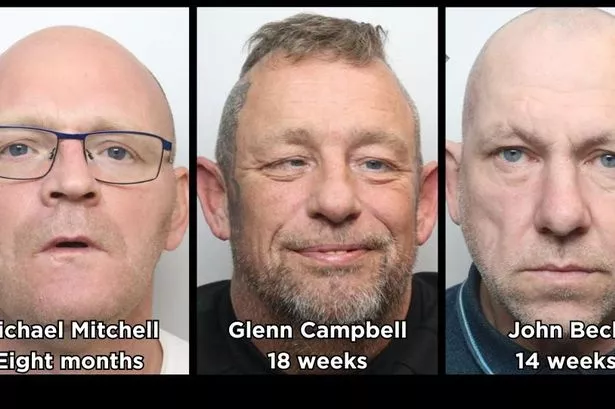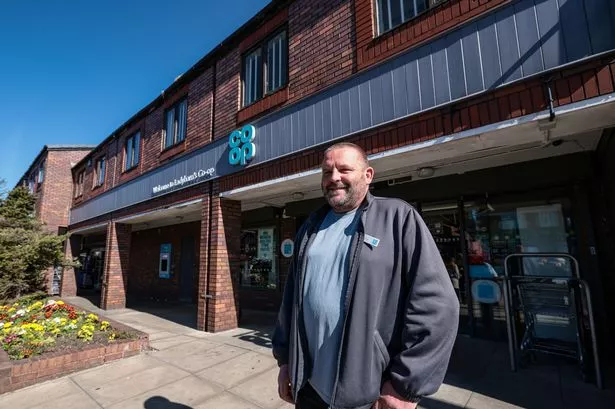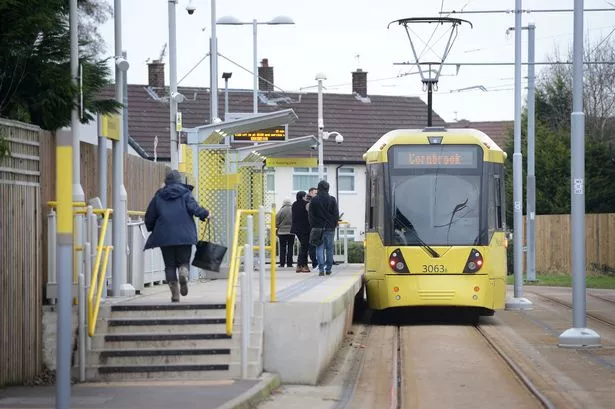Inquest Reveals Mental Health Struggles of Afolabi Ojerinde

An inquest has revealed that Afolabi Ojerinde visited a mental health facility seeking help just days before he set himself on fire at a petrol station in Blackley. He died at Wythenshawe Hospital following the incident at an unstaffed Tesco petrol station.
During the inquest held at Manchester Coroners' Court, it was disclosed that Mr. Ojerinde suffered from a 'psychotic disorder' and held 'delusional beliefs' regarding government interference in his life. His delusions were exacerbated when his benefits were halted, leading to court proceedings over rent arrears.
Mr. Ojerinde was under care from the community mental health team at Hanson Corner in Middleton. On August 31, he communicated to staff that his Personal Independence Payments (PIP) had been stopped.
The following day, the mental health team decided to place him on a 'zoning' list for closer monitoring. His treatment was discussed in a meeting on September 5, the day after he self-immolated on the Tesco station forecourt.
He sustained burns to 93 percent of his body. Coroner Zak Golombeck noted that during the incident, Mr. Ojerinde appeared 'calm and measured', indicating that he intended to 'self-immolate'.
Coroner Golombeck further emphasized that Mr. Ojerinde's symptoms revolved around a 'conspiracy relating to government or state involvement in his life'. He stated: "[He] attended Hanson Corner on August 31, 2023, and expressed concerns about welfare benefits not received, concluding as part of his delusional disorder that this was due to government intervention."
Dr. Deji Odelola, a consultant psychiatrist, testified that Mr. Ojerinde had declared, "They will never take me down, I will never kill myself. Never." The doctor speculated that Mr. Ojerinde may have intended the act of self-immolation as a 'final act' against those he believed were conspiring against him.
Dr. Odelola added: "I can only speculate that Mr. Ojerinde had fought against these perceptions for years but reached a point of resignation, feeling that he could not win and that no efforts would change his situation."
Coroner Golombeck concluded with a narrative statement, asserting: "I find that he intended to set himself on fire, likely as an act of protest against perceived government or state interference."
The cause of death was determined to be 'multiple organ failure due to major flame burn injury'. Mr. Golombeck also indicated that the case did not qualify as a suicide and intended to issue a Regulation 28 Prevent Future Deaths report to address safety at unstaffed petrol stations.




